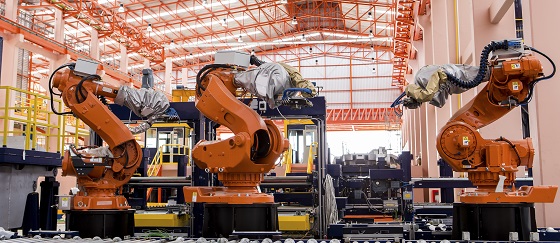
Human-Robot Interaction (HRI) is growing as a field of research in robotics. Topics range from safety for humans when robots and humans work in the same space, to consumer response to robots, to the best kind of interface for shared control over automation. Shared control? Absolutely. As a favorite sentence from the Journal of Human-Robot Interaction put it.
Shared control keeps human operators actively in the loop by exploiting the unique capabilities of humans to cooperate, instead of simply turning them into passive automation supervisors – a role to which humans are repeatedly shown to be particularly ill-suited.
People aren’t that good at watching robots work. At the same time, humans get emotionally involved when machines act in ways that simulate human-human interactions.
You’ve asked Siri’s opinion, right? And when she answers, “This is about you, John, not me,” you feel a bit chastised. If you’re a Millennial, you probably take your phone to bed with you, leaving it on the nightstand or maybe keeping it on your pillow. If you’re Gen X or a Baby Boomer, you might not be that close to your phone, but you might have named your car.
Okay, if you don’t want this to be about you, consider the Bartneck experiment in which robots were programmed to appear more or less intelligent, and more or less agreeable. The robots “helped” a human play a game, and then the human was instructed to turn the robot off. It was made clear to the humans that this would wipe the robot’s “brain” and remove all its memories and personality.
The robot was also programmed to plead for its life. “You are not really going to switch me off, are you?” the robot asked, “Please. You don’t have to do this.”
https://youtu.be/7Kf9coMuVuI
The pleading caused people to spend as much as a minute negotiating with the machine… but agreeable robots with good social skills were able to delay their demise as much as three times longer than the robots which had been programmed with poor social skills.
It appears that our ideas about human-robot interaction need to be informed by our knowledge about human-human interaction.
